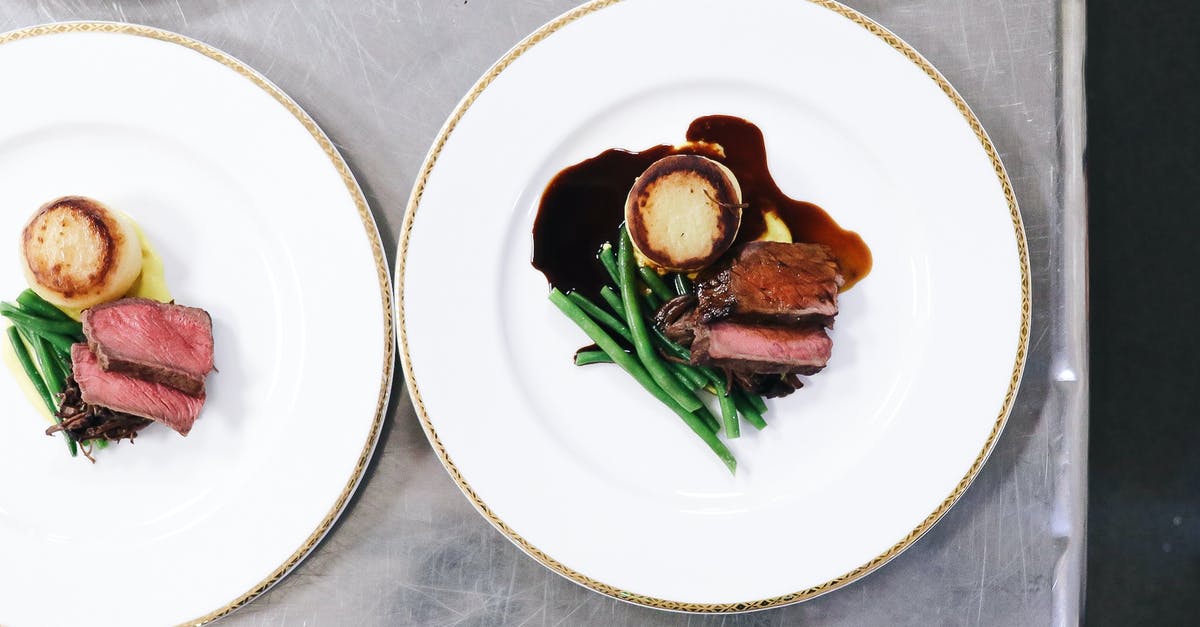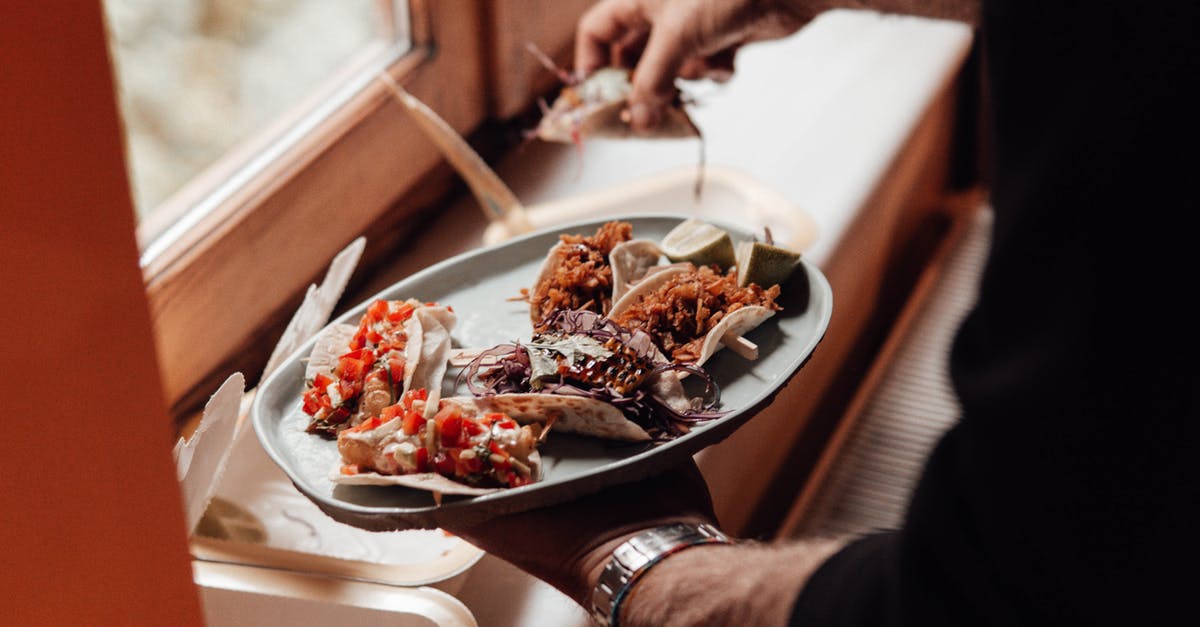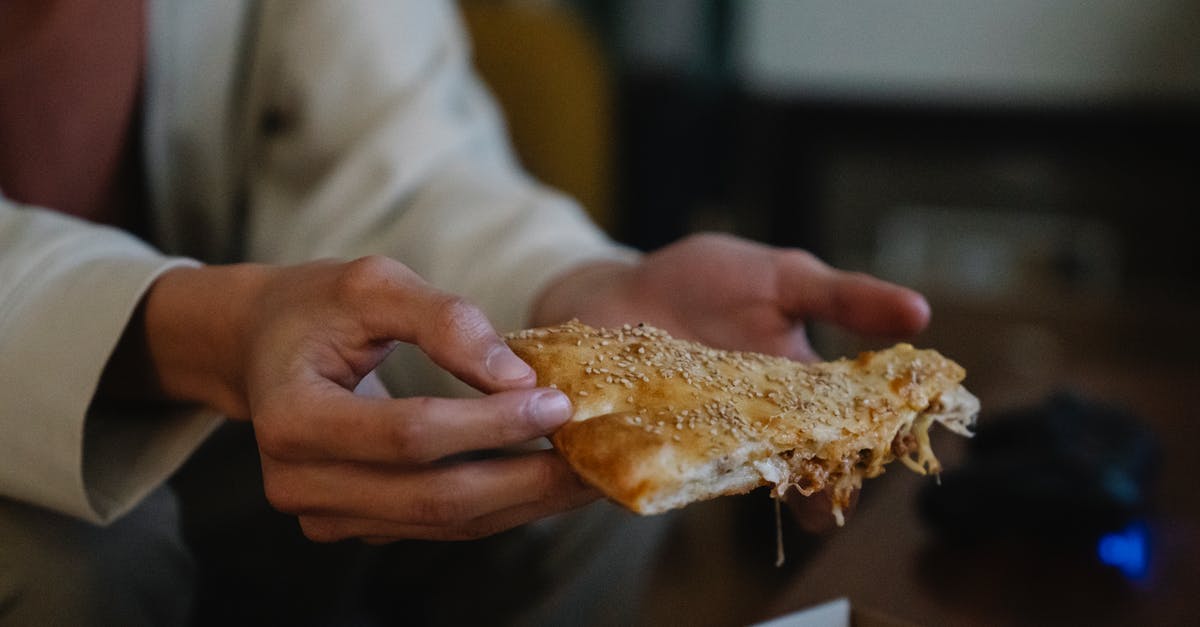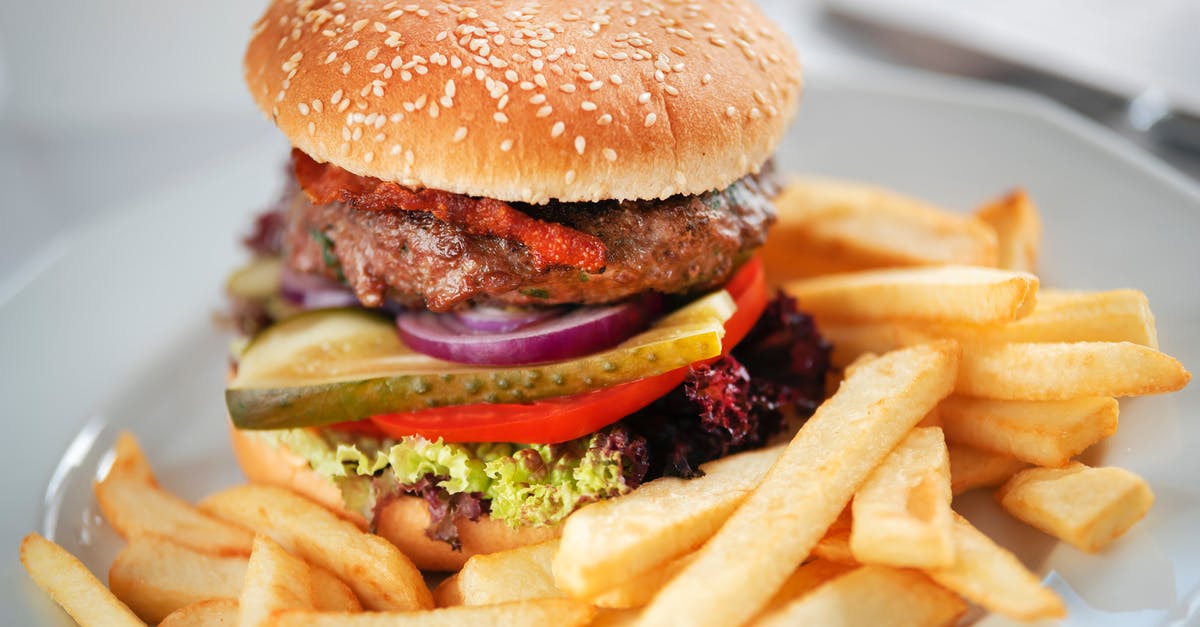Is it possible to Pickle meat at room temperature?

My gf wanted to make a pickled pork for dinner. According to the recipe, she prepared the brine (consisting of 3l of waters, 3 tablespoons of salt, pepper, garlic, allspice, bay leaves). The recipe called for placing the raw pork in "cool place" after placing it in brine.
After concluding that the kitchen is "cool enough" the meat spent the whole night on the kitchen countertop. Upon checking the sources today I found that pickling is best done in the fridge. The kitchen temperature now is about 20 deg. C (68 deg. F).
Is the meat safe to eat or should I break the sad news to my gf?
EDIT: This question differs from a very general one posted here. I am not asking for a general case of meat left out of fridge but whether meat pickling is safe in room temperature.
Nevertheless, If anyone wonders, we've decided to throw the meat away. Yet, I am now curious whether pickling in room temperature can be safe.
Best Answer
Pickling meat and fish was done for millennia before the advent of refrigeration. Pickling and smoking or drying/curing were the only reliable ways to preserve meat before freezing and canning were invented relatively recently.
The problem is that the term "pickling" is a bit ambiguous. It is a generic term that is used to describe preserving with salt. It can refer to curing or lactic acid fermentation depending on the salt concentration.
When meat or fish is pickled it is packed in salt or in a concentrated brine. The salt inhibits harmful bacteria. In very high concentrations the meat will be "cured" and be dry. In lower concentrations lactobacilli will still grow. The bacteria produce lactic acid which finishes the preserving of the meat.
Neither method requires refrigeration, of course, but modern home recipes generally call for refrigeration anyway to remove risk. Modern recipes sometimes also reduce the salt to a more gentle level which then does require refrigeration. Corned beef and ham are the canonical salt-cured meat recipes in the US.
It is rare to see home recipes that allow meat to ferment. I think we've lost the taste for it in most contexts. Fermenting meat is still often done commercially where the variables can be controlled better. Pepperoni and various Norwegian fish products are examples.
As a rule of thumb, only use food preservation recipes from trusted, modern sources. It is not uncommon to see antique recipes that are unnecessarily risky.
If you are interested in the history, chemistry, and politics of salt-cured meat, the book "Salt" by Mark Kurlansky is amazing.
As Stephie noted in her comment, you were right to throw away your meat. Your recipe did not seem to use enough salt to ensure prevention of harmful bacteria growth. Pickling brines generally call for enough salt that an egg floats.
Pictures about "Is it possible to Pickle meat at room temperature?"



Can you pickle things at room temperature?
Can I do the entire pickle processing according to your instruction in the refrigerator instead at room temperature? No, it would be impractical. The optimum temperature is actually between 64 and 74 degrees as discovered hundreds of years ago by the Chinese.Does pickled meat need to be refrigerated?
They sit at stores and bars for for many days if not weeks and are sold by the sausage. I found this on Hannah's Facebook page. "They do not need to be refrigerated after opening in temperatures below 75 degrees. Recommended refrigeration for temps higher."Do you pickle things in the fridge or at room temp?
Most unopened pickles don't need refrigeration. However, it's best to refrigerate unpasteurized pickles regardless of whether you opened the jar since it will slow down the fermentation process.Can you pickle raw meat?
Pickling meats is one of the most important preservation techniques, and surprisingly it is not difficult. With corned beef or ham, the process is same: Submerge the beef or pork in brine for a week or longer, depending on the size of the meat. The salt in solution replaces much of the meat juices.Should You Bring Meat to Room Temperature Before Cooking?
Sources: Stack Exchange - This article follows the attribution requirements of Stack Exchange and is licensed under CC BY-SA 3.0.
Images: Geraud pfeiffer, furkanfdemir, Eren Li, Piotr Arnoldes
